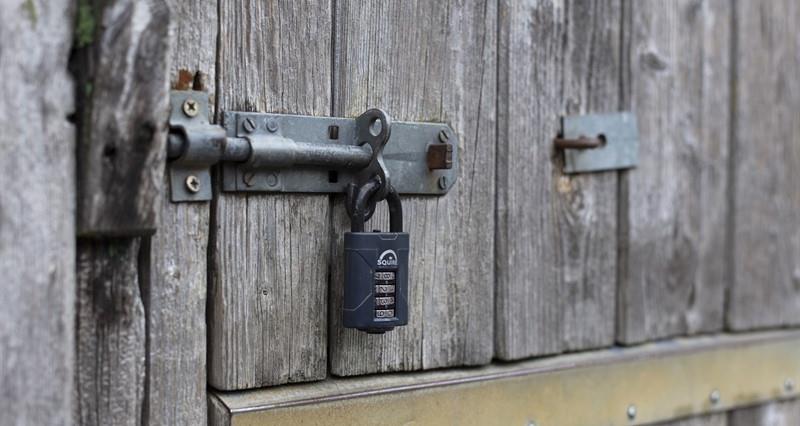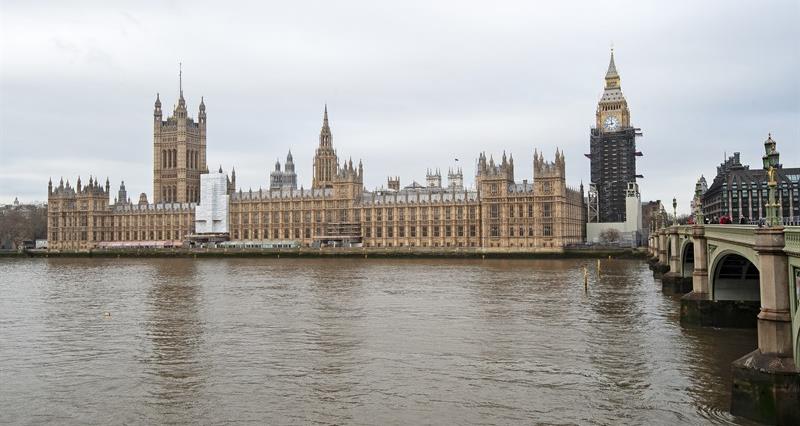A PMB (private members’ bill) is a piece of proposed legislation introduced by an MP who is not in government.
The NFU has successfully supported a number of MPs over the years to introduce PMBs that benefit food and farming businesses.
In recent history, this includes Greg Smith MP’s Equipment Theft (Prevention) Act 2023 and Dr Liam Fox’s Electricity Transmission (Compensation) Act 2023.
How does a PMB become law?
A PMB can be introduced in three ways:
- Ballot.
- Ten-Minute Rule.
- Presentation Bill.
The PMBs introduced through the ballot often have the best chance at becoming law as they are allocated parliamentary time for debate.
In the ballot, twenty MPs names are drawn, and though it is up to them to choose the topic of the Bill, many MPs will already have an idea of what they would like to introduce and often have the support of external groups.
For instance, the Climate and Nature Bill introduced by Dr Roz Savage MP had extensive public support including cross-party MPs, Peers, mayors, councils, NGOs and faith leaders.
However, despite levels of support, it is often only the first seven drawn from the ballot that have the best chance of becoming law.
PMBs are only debated on what is known as a ‘sitting Friday’ which means that MPs are in the House of Commons rather than in their constituencies as they usually are at the end of the week.
After the eighth sitting Friday, Parliament prioritises the Bills that have made the most progress, which inevitably is those nearer the top of the draw.
This is because each PMB must pass through the House of Commons and the House of Lords before they can be given royal assent and formally become an ‘Act’.
This process is long and often takes over a year.
Examples of recent PMBs drawn from the ballot include:
- Terminally Ill Adults (End of Life) Bill – Kim Leadbeater MP.
- New Homes (Solar Generation) Bill – Max Wilkinson MP.
- Climate and Nature Bill – Dr Roz Savage MP.
- Water Bill – Clive Lewis MP.
- Protection of Children (Digital Safety and Data Protection) Bill – Josh MacAlister MP.
- Rare Cancers Bill – Dr Scott Arthur MP.
- European Union (Withdrawal Arrangements) Bill – Jim Allister MP.
Government response
The government can respond to PMBs generally in three key ways:
1. Supporting the Bill
The success of PMBs is also determined by whether it has government support. In the case of the Equipment Theft (Prevention) Act 2023 and Electricity Transmission (Compensation) Act 2023 – these PMBs both received government backing which helped their progression through Parliament to become law i.e. the Government didn’t block it.
However, while the Climate and Nature Bill had a considerable amount of external support, ultimately it did not have government backing and the Bill failed to pass Second Reading.
2. Opposing the Bill
In the past, governments have opposed PMBs either through telling their MPs to vote against the Bill in its Second Reading or by ‘talking out’ the Bill in a process called filibustering.
Filibustering is when MPs, most commonly backbench members, extend their contributions in the debate to make it so the debate does not end in-time to be voted on for the next stage.
This is a tactic used by both government and opposition members and means that a single MP can halt the entire progress of the Bill, regardless of its wider support.
3. Free vote
For certain PMBs, the government can choose to set a free vote.
This is usually when debating laws which encompass moral, religious and ethnical implications.
The most recent example of a free vote was the Terminally Ill Adults (End of Life) Bill which made for especially moving interventions for MPs on both sides of the chamber.
NFU work
Friday 17 January marked the first of the thirteen sitting Fridays allocated for the consideration of PMBs this year.
The External Affairs team continues to monitor all legislation, even those pieces that stand little chance of success (as is the case with many PMBs).
We always brief MPs and Peers on the issues most important to NFU members.
Friday 7 March is the next Friday allocated for debating PMBs in the Commons.
For more information or any questions on those proposals progressing through either House please do get in touch.
Email: [email protected]
Tel: 020 7808 6600



